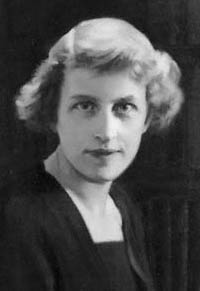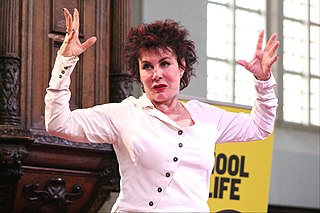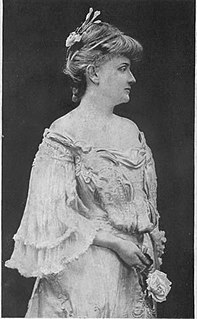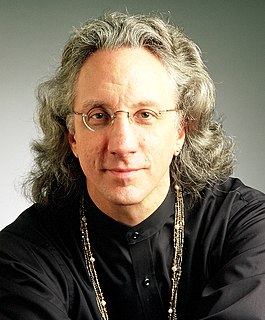A Quote by Winifred Holtby
Why, why, when one writes, does a sort of shackle bind one's imagination? I become conscious of a deadening mediocrity, perhaps a form of mental cowardice, and I long to break free, to let my imagination take wings. It doesn't - yet.
Related Quotes
Every form has its own meaning. Every man creates his meaning and form and goal. Why is it so important - what others have done? Why does it become sacred by the mere fact of not being your own? Why is anyone and everyone right - so long as it's not yourself? Why does the number of those others take the place of truth? Why is truth made a mere matter of arithmetic - and only of addition at that? Why is everything twisted out of all sense to fit everything else? There must be some reason. I don't know. I've never known it. I'd like to understand.
Your imagination is the single most important asset you possess. Your imagination is your power to create mental pictures of things that don't exist yet and that you want to bring into being. Your imagination is what you use to shape your future. And so in your own way, you are a prophet. You generate countless predictions every day. Your imagination is the source,tirelessly churning out mental pictures of what you'll be doing in the future.
I think imagination is at the heart of everything we do. Scientific discoveries couldn't have happened without imagination. Art, music, and literature couldn't exist without imagination. And so anything that strengthens imagination, and reading certainly does that, can help us for the rest of our lives.
Fiction is not imagination. It is what anticipates imagination by giving it the form of reality. This is quite opposite to our own natural tendency which is to anticipate reality by imagining it, or to flee from it by idealizing it. That is why we [Europeans] shall never inhabit true fiction; we are condemned to the imaginary and nostalgia for the future.
Fantasy is a product of thought, Imagination of sensibility. If the thinking, discursive mind turns to speculation, the result isFantasy; if, however, the sensitive, intuitive mind turns to speculation, the result is Imagination. Fantasy may be visionary, but it is cold and logical. Imagination is sensuous and instinctive. Both have form, but the form of Fantasy is analogous to Exposition, that of Imagination to Narrative.
Why does one want to walk wings? Why force one's body from a plane to make a parachute jump? Why should man want to fly at all? People often ask these questions. But what civilization was not founded on adventure, and how long could one exist without it? Some answer the attainment of knowledge. Some say wealth, or power, is sufficient cause. I believe the risks I take are justified y the sheer love of the life I lead.
And what is the great thing that the stage does? It cultivates the imagination. And . . . the imagination constitutes the great difference between human beings. . . . The imagination is the mother of pity, the mother of generosity, the mother of every possible virtue. It is by the imagination that you are enabled to put yourself in the place of another.







































